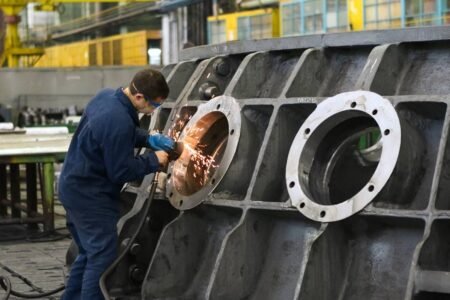Trainee contracts should have clear provisions on pay, duration and social protection, according to a European Parliament committee, voting on new rules to prevent abusive practices against trainees.

The Employment Committee has proposed a number of changes to the EU rules on traineeships, with the object of ensuring proper working conditions for trainees and to dissuade companies from disguising regular jobs as traineeships.
In thei report, the MEPs have set out a clear definition of what constitutes a traineeship, stressing that it should be for a limited time and involve entry-level work, facilitating the transition from education to employment. They want all traineeships to be included under the new rules, except for mandatory traineeships that are an integral part of studies or apprenticeships.
The Employment MEPs stress that all prospective trainees should receive a written traineeship agreement describing pay, tasks, learning objectives, rights and obligations, and the duration of the traineeship. Traineeships should last no longer than six months, unless duly justified. Trainees should also have access to social protection, including health insurance, unemployment benefits and pension contributions, the text says.
A traineeship that is not paid in accordance with national law, lacks a training component, or has no mentorship or evaluation, should be considered an abusive practice, according to the committee, as it means an employment relationship is being disguised as a traineeship. The members have introduced additional alarm bells to help detect and combat these practices, such as when a trainee undertakes multiple or consecutive traineeships with the same employer or the lack of a comprehensive vacancy notice.
To facilitate the enforcement of the new rules, the committee is supporting a proposal to oblige companies to share upon request data on traineeship numbers, durations, working conditions, and more, with the competent national authorities.
The new rules would make it easier for trainees to report malpractice, as there would be channels for reporting poor working conditions anonymously and safely. The MEPs also want organisations to designate a person to whom trainees would be able to turn for advice and support in cases of suspected malpractice.







